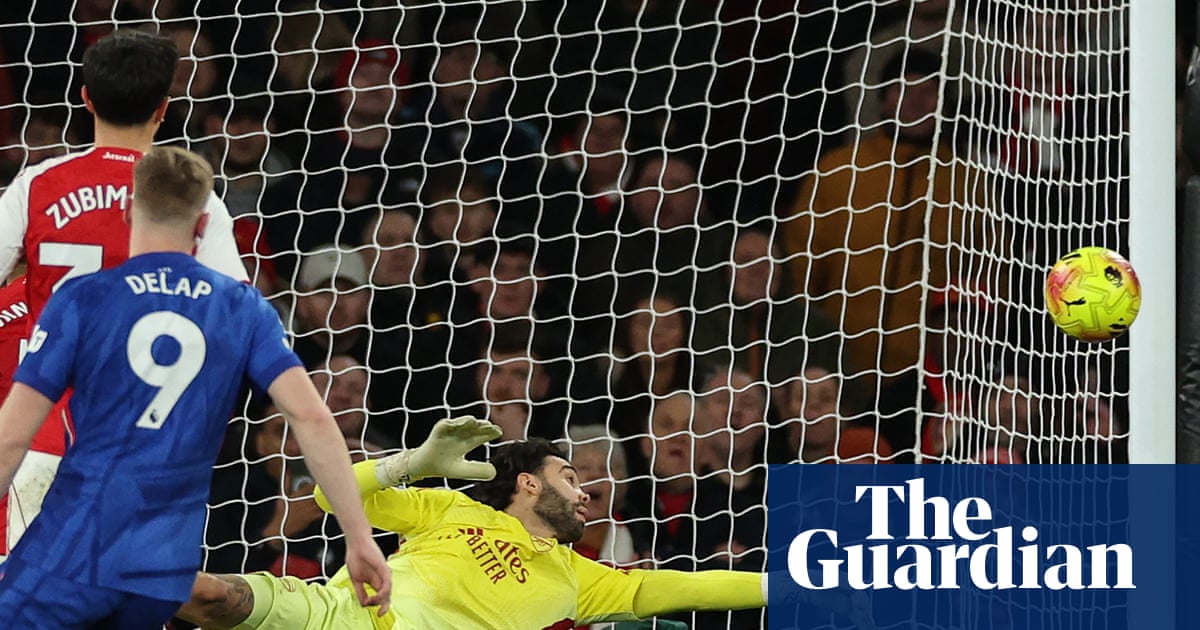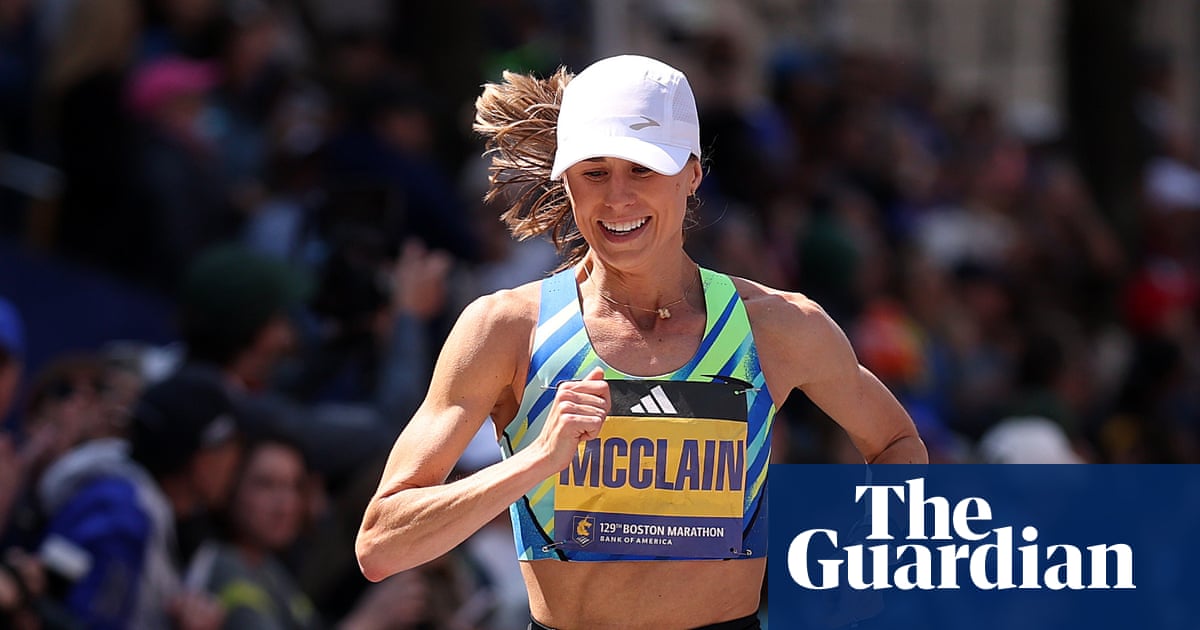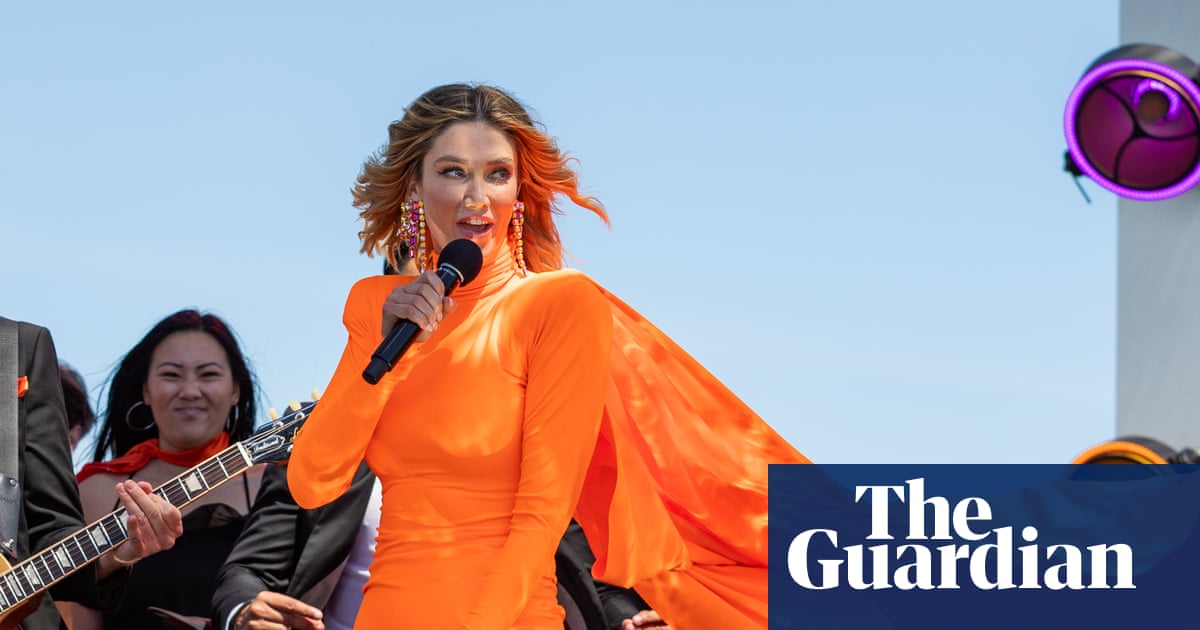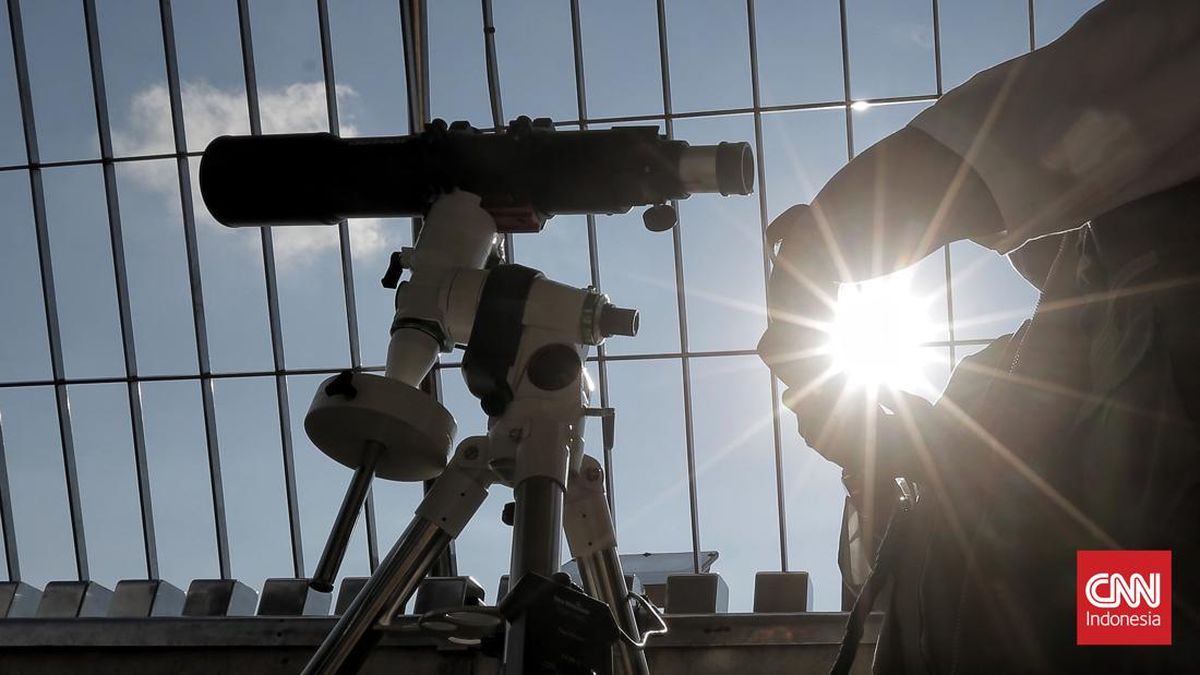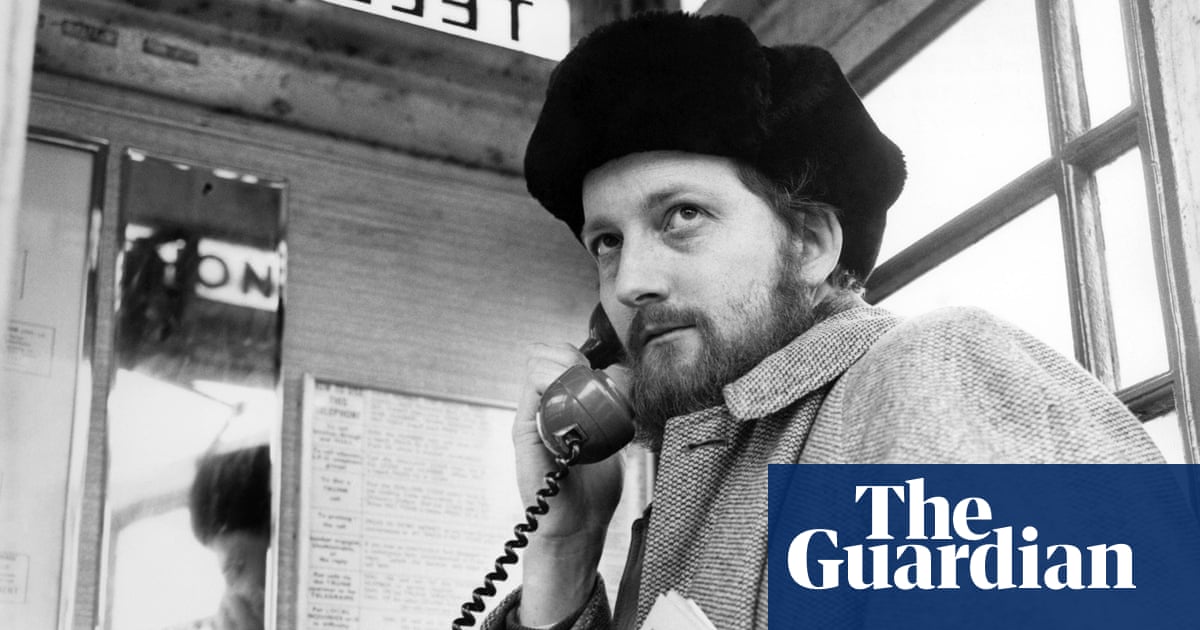When called back on stage at the Bridgewater Hall for the fourth or fifth time, the US composer John Adams walked only as far as the back of the first violins, raised his hands in thanks and gestured, smiling, that it was bedtime. At 78, Adams is younger than the first wave of American minimalists (Philip Glass, Steve Reich and co), who are now around 90. But the orchestral scores for which he is celebrated – alongside his nine operas – are intricate and polychrome, more maximalist than minimalist: music with so much dynamism it could generate mains electricity.
Following a three-day festival dedicated to Steve Reich earlier this year, the Hallé’s latest composer focus brought Adams himself to Manchester for four concerts, including the UK premiere of a Hallé co-commission. At the two I attended he was a characteristically charming presence, proclaiming himself “humbled” at a lunchtime concert at the Royal Northern College of Music, and praising “one of the best performances I’ve ever heard” of his 1992 Chamber Symphony.
I can only agree. Played by members of the Hallé conducted by Euan Shields, the complex textures of the first movement (cross-rhythms galore) held together miraculously, as if by surface tension – and I’ve never heard a contrabassoon sound so funky. In the second movement, mellow brass lines curled beautifully over the walking bass, the sudden poise ruffled only by a synth’s arcade-game twiddling. The finale hurtled along, its hyperactivity kept just the right side of dangerous driving by Shields, and underpinned by the astonishingly virtuosic one-man percussion section.
The rest of the programme (co-curated by Adams) was similarly fast and furious – “if you come tomorrow, I promise I have an adagio”, the composer joked afterwards. Eliza McCarthy and James McVinnie’s performance of the fiendish piano duo Hallelujah Junction boasted luminous sound and impressive ensemble, though so much concentrated counting left little space for subtlety. RNCM student members of the Emerz Collective clearly had fun in numbers from John’s Book of Alleged Dances, leaning into Adams’ multiple nods at popular genres and making space for spontaneous music-making in dialogue with the work’s “backing track” of prepared-piano loops.
Packed on to a stage extended to accommodate additional percussion in the closing concert – which Adams conducted himself – the Hallé gleamed and swooned in The Chairman Dances, the score’s metrical games natty, its longer sweeps loose-limbed. At its climax, the trumpets soared amid glittering percussion.
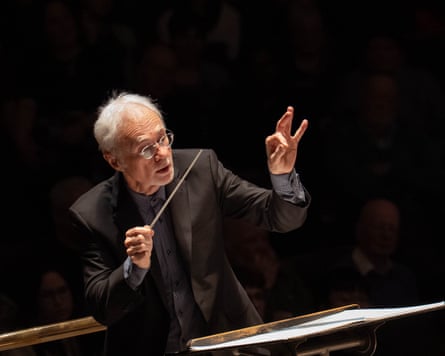
Programmed last, the UK premiere of The Rock You Stand On – a 10-minute gift for Marin Alsop, who conducted its world premiere in early October – entailed orchestra-scale rhythmic groove and more high-stakes counting interrupted by huge thwacks of timpani. Layers were set in motion and intercut, melodic sequences spun out, ear-catching timbral combinations came and went.
If it was slightly underwhelming, that was mainly down to the stunning performance of Scheherazade.2 that had filled the first half. Adams’ 2014 “dramatic symphony for violin and orchestra” pitted violinist and long-time Adams collaborator Leila Josefowicz against some of the composer’s most ferociously jagged orchestral textures. But there were also moments of heartstopping languidness and cool, expansive beauty; and moments when Josefowicz picked off double-stopped chords so quickly her bow blurred. As a reworking of orientalist cliche and the power dynamics between orchestra and soloist alike, it was a relentlessly compelling performance. At the end, Josefowicz grinned broadly as Adams bowed deeply to her alone.

 3 months ago
90
3 months ago
90
